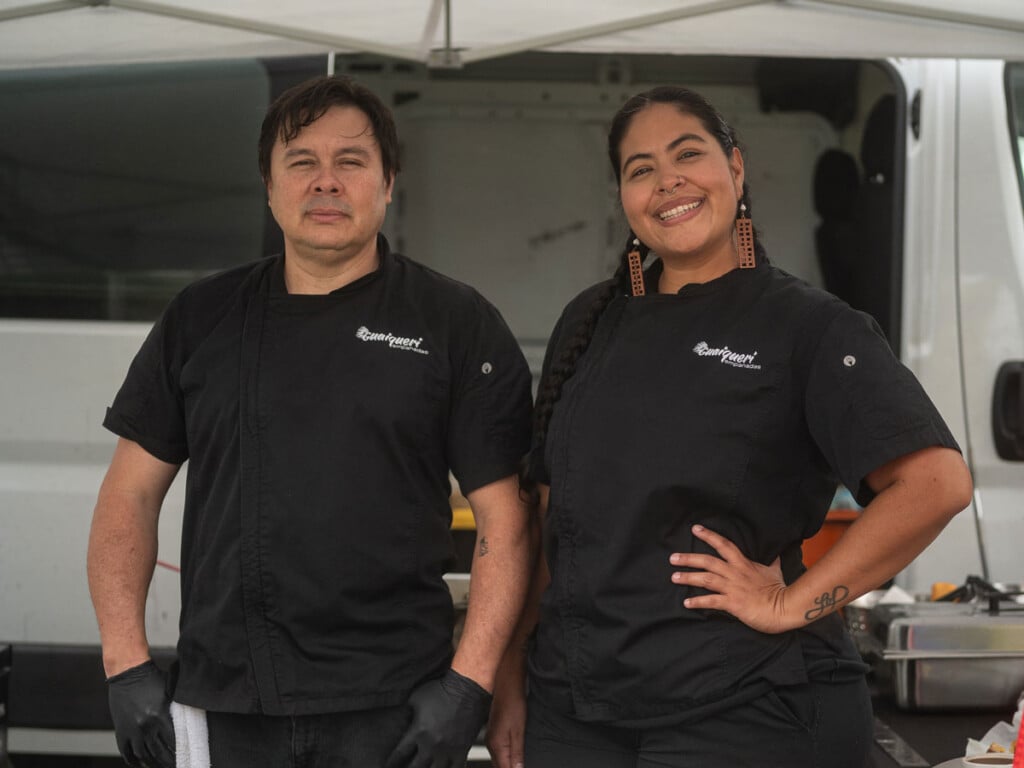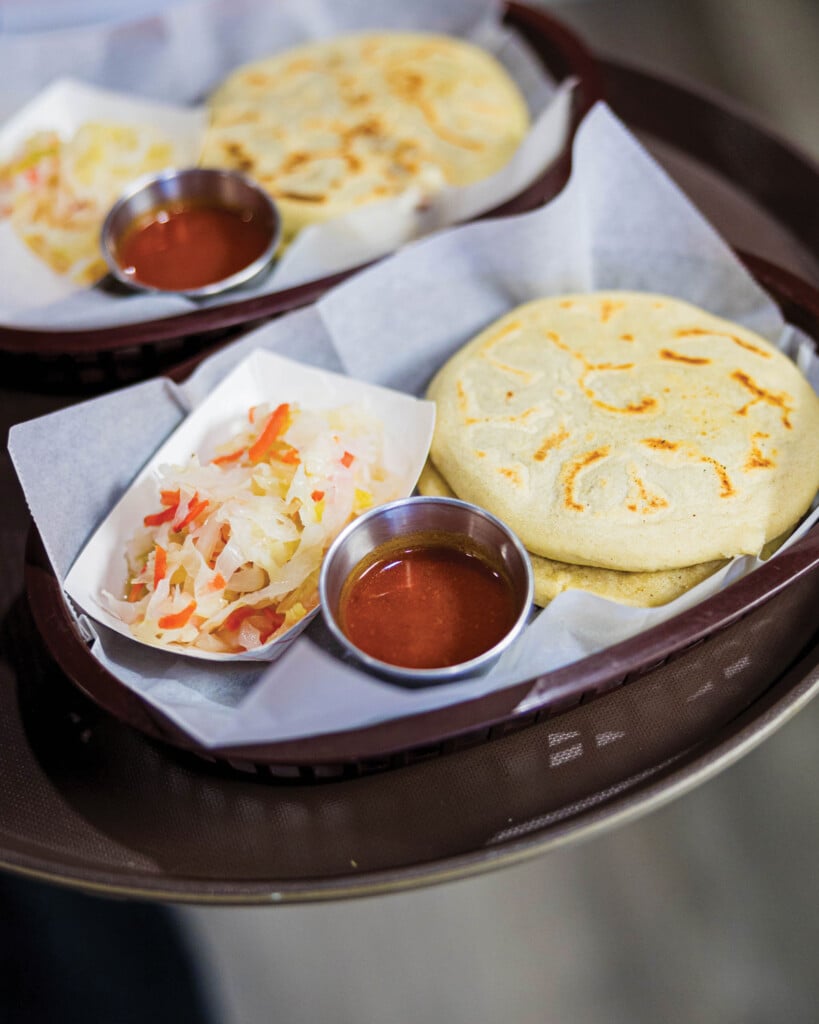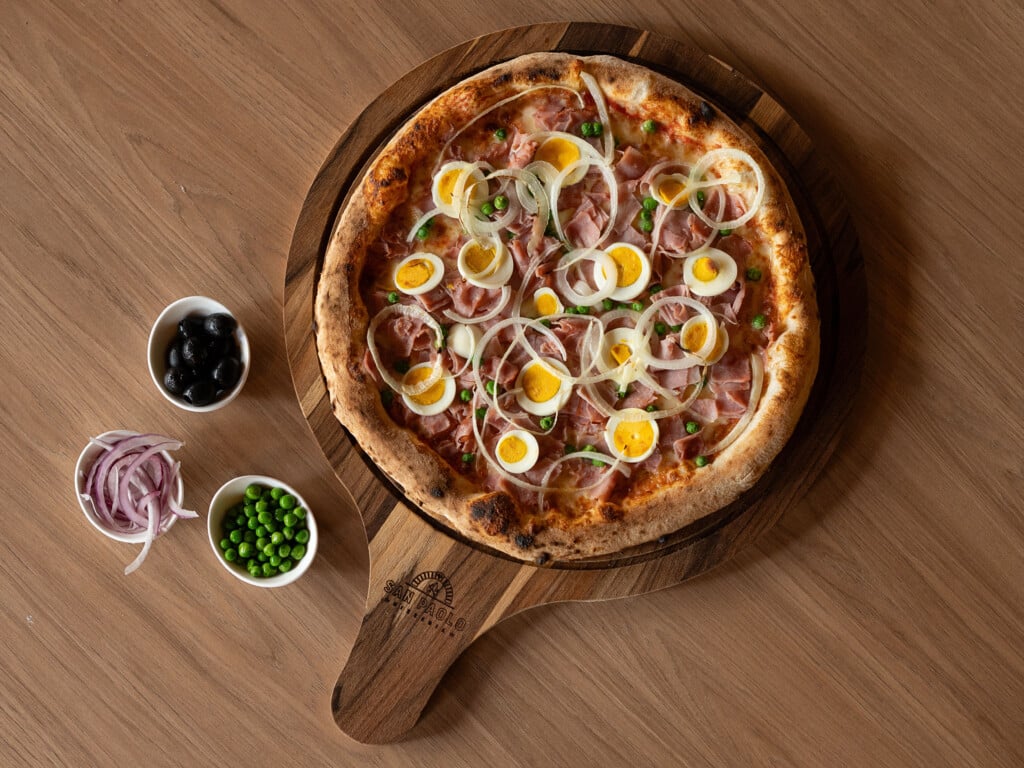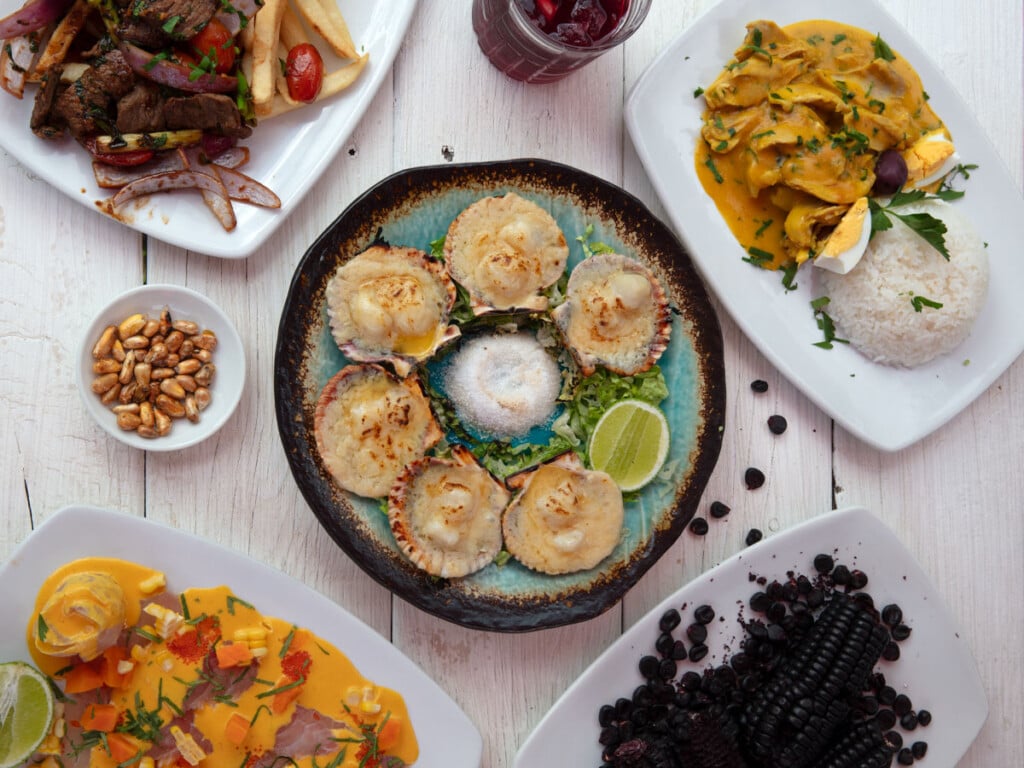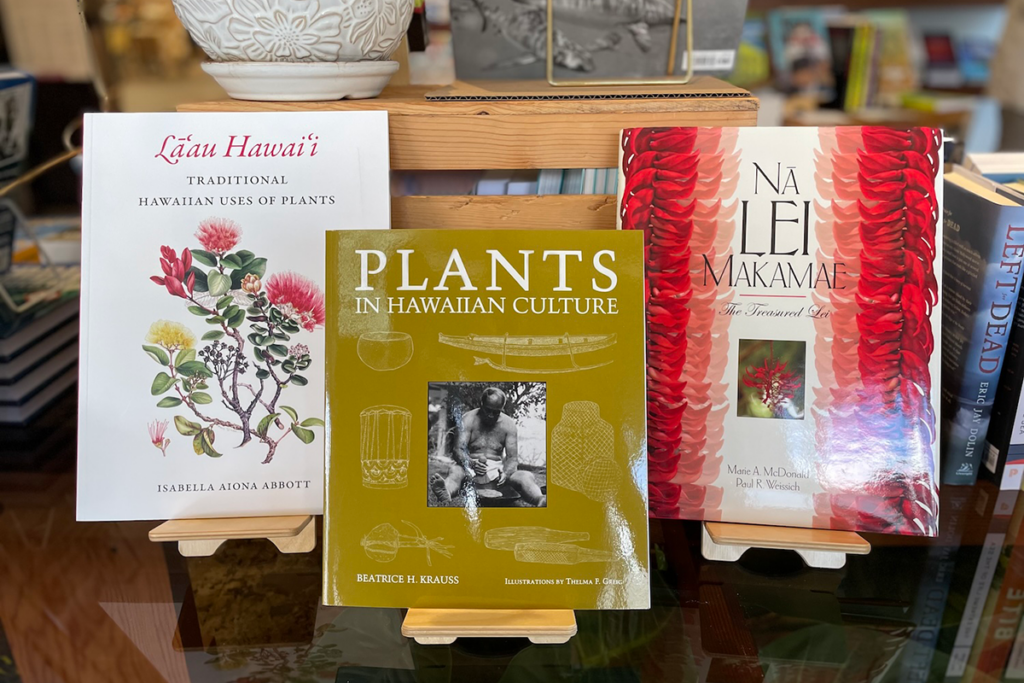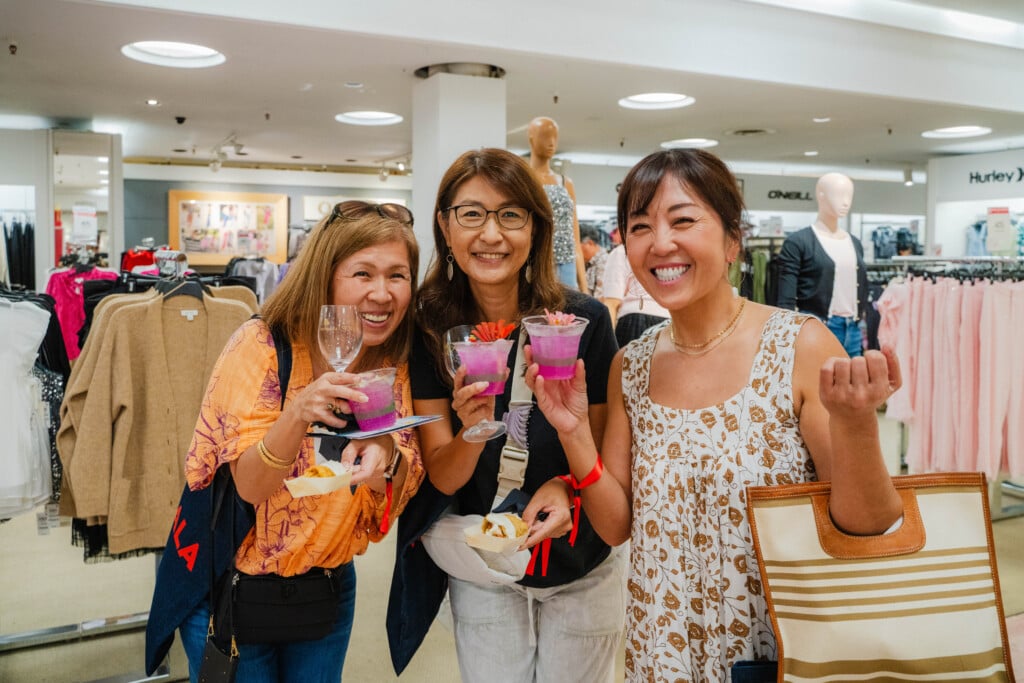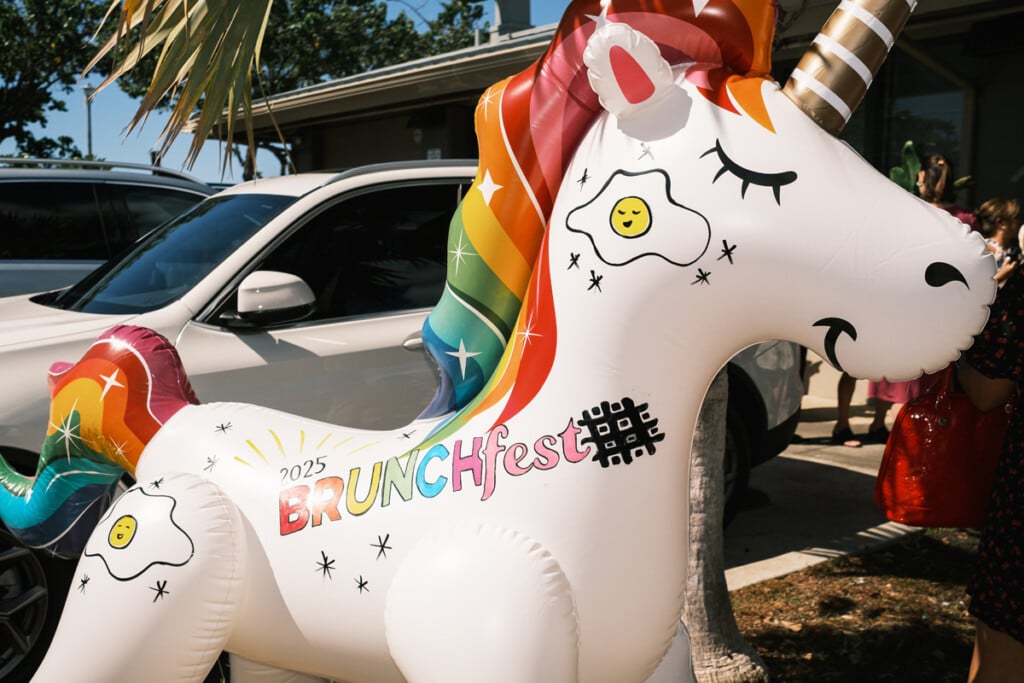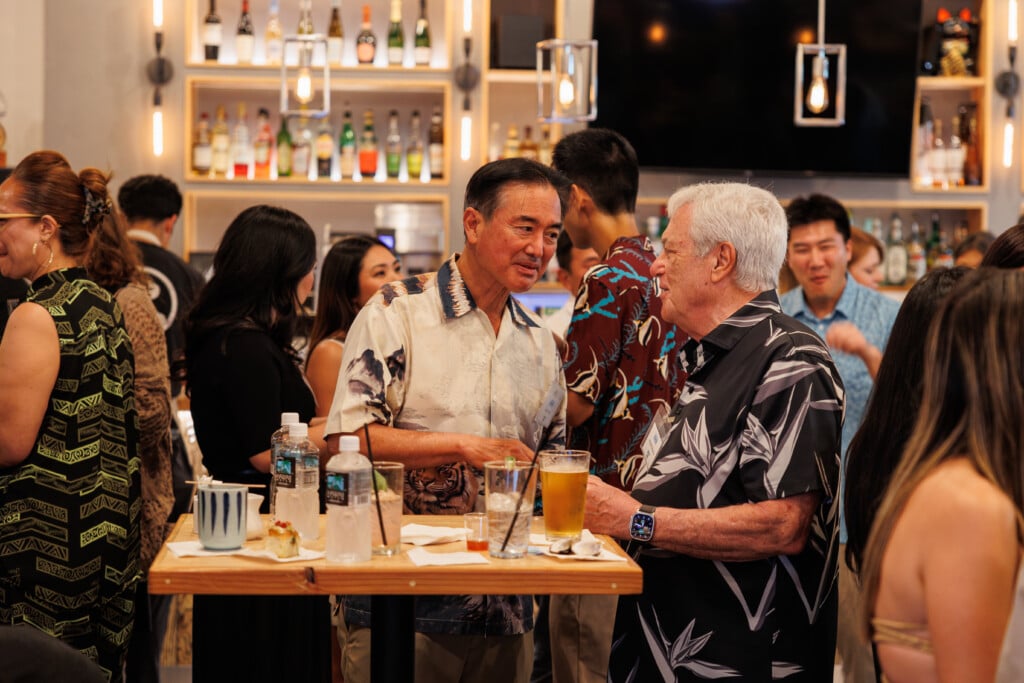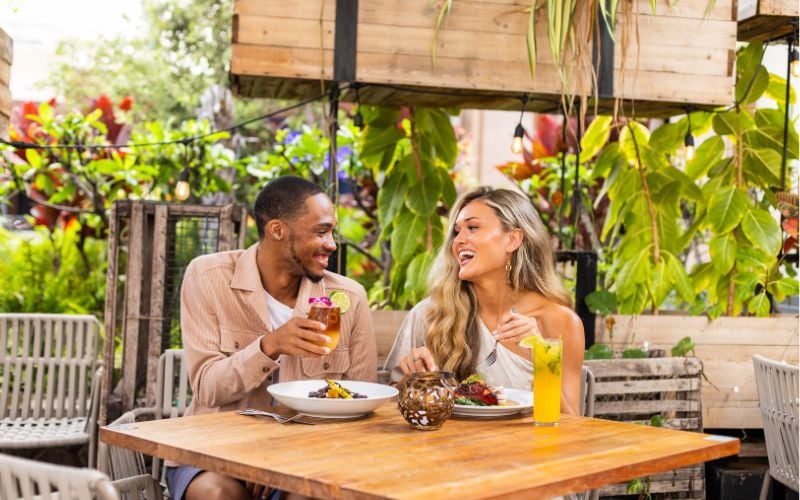Hui Mahi‘ai ‘Āina Has Created a Community for Formerly Homeless People
In Waimānalo, Aunty Blanche McMillan houses people at a kauhale, or community of tiny homes, through her nonprofit.
At the end of Hilu Street in Waimānalo, Hui Mahi‘ai ‘Āina’s residents welcome us to a vast green space behind Aunty Blanche McMillan’s home. She zooms over on a golf cart, greeting those she hasn’t seen since returning from New Zealand, where she taught people how to implement concepts of kauhale, or communities of tiny homes, to house the homeless.
Everyone is happy to see her, though she jokes that some work didn’t get done without her.

Photo: James Nakamura
McMillan grew up in a family of 17. The Hui Mahi‘ai ‘Āina residences sit on her great-great-tūtū’s land, unused for years before 2020. When pandemic rules prohibited access to the beach, her heart sank for the homeless folks nearby. “I asked God, ‘What can I do to bring people home?’” she says.
She started Hui Mahi‘ai ‘Āina in 2014 as a food bank, having spent 15 years as a program coordinator for the Catholic Church. It soon expanded into an outreach program offering other services. The next logical thing was to make sure those who needed it had a roof over their head.
McMillan gathered 14 people who were previously living on the beach. They just needed to be loved, she says, to get back on their feet. In fact, love is at the heart of everything she does, and you can tell it’s genuine. “God is my boss,” she says, adding that this is what she was called to do.
With donations, she got materials and had everyone build their own homes. In just a month, 11 structures and the beginnings of a community farm were constructed. Now, five years later, 82 people live here, including families, older adults, and those with advanced illnesses. Adult residents pay $200 a month as “program fees”; for each kid, it’s $50 more.

Photos: James Nakamura
Everyone in the community works together like a family, cooking dinner, cleaning and taking care of the land. Residents also help at monthly food distributions at a nearby gymnasium. Right now, the garden has ti (for lei and lau lau), ginger, avocado, lychee, kalo, mountain apple, banana, papaya, aloe, sweet potato, ‘ulu, eggplant, mango, guava, citrus and more. When residents tend the garden, they get to thinking they can grow and flourish just like the plants, McMillan says.
These are “beautiful, important people” who fell on hard times or went down the wrong path and ended up on the street, McMillan says. At Hui Mahi‘ai ‘Āina, drugs are not tolerated, and church every Sunday is mandatory. Some residents come through the kauhale for transitional housing, but there’s no pressure to leave.

Photos: James Nakamura
To act fast, McMillan didn’t obtain proper approval from the state Department of Land and Natural Resources before building. Turns out the housing lies in a flood zone. She’s now working with the state and aio Foundation (which has experience with developing housing at Kahauiki Village near Sand Island) to secure a lease for a nearby parcel. There, 58 units with shared kitchens and bathrooms will be constructed on land that’s at a slightly higher elevation.
Until now, the kauhale ran off a generator and a water line from McMillan’s property, with portable toilets available for use. The new space will be linked to sewage and electrical lines and will include a large hall, kitchen, bathrooms and area for medical care. Everything the community has is by donation—no government funds are used.
McMillan hopes the homes at the new space will be ready by the end of the year; she already has more than 100 people on the waitlist. Originally, McMillan says she wanted to help house 300 people. Now, she’s aiming for thousands.

Aunty Blanche McMillan, right, and her daughter, Wayleen McMillan, at the new housing site. Photo: James Nakamura
Classes will also be offered to help residents get their GEDs. The area where the existing homes are now will be used for agriculture, and the structures will be donated to homeless communities on Maui and Moloka‘i and in Hilo and Wai‘anae.
“The department is in full support of this project. Under the collaboration with aio Foundation, DLNR was reassured that our concerns were addressed. More importantly, when I visited Aunty Blanche’s Hui Mahi‘ai ‘Āina in Waimānalo, I was moved by the sense of community the residents felt for each other, for the place and for themselves,” DLNR Chair Dawn Chang said in a news release last October.

Photo: James Nakamura
Recently, McMillan served as an adviser to former director of the Statewide Office of Homelessness and Housing Solutions, John Mizuno, who is now a special adviser on homelessness. McMillan is grateful to have the state on her side and plans to tell the Legislature, in no uncertain terms, that there is a solution to homelessness. “If only people could love people, they would never live a miserable life,”she says.
* * *
Proceeds from this month’s Hawai‘i Pacific Health and ESPN Honolulu Open pickleball tournament presented by HMSA will go to Hui Mahi‘ai ‘Āina. The aio Foundation is the nonprofit arm of HONOLULU’s parent company, aio, which is also the event producer of the Honolulu Open.
